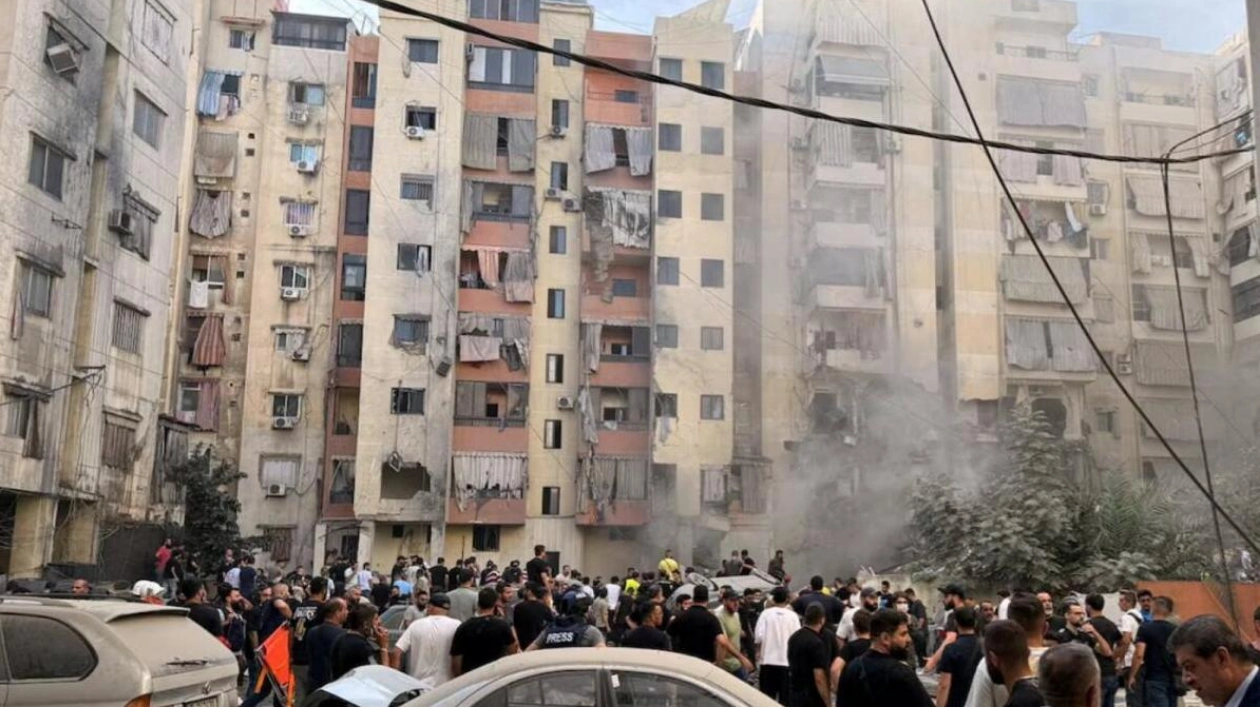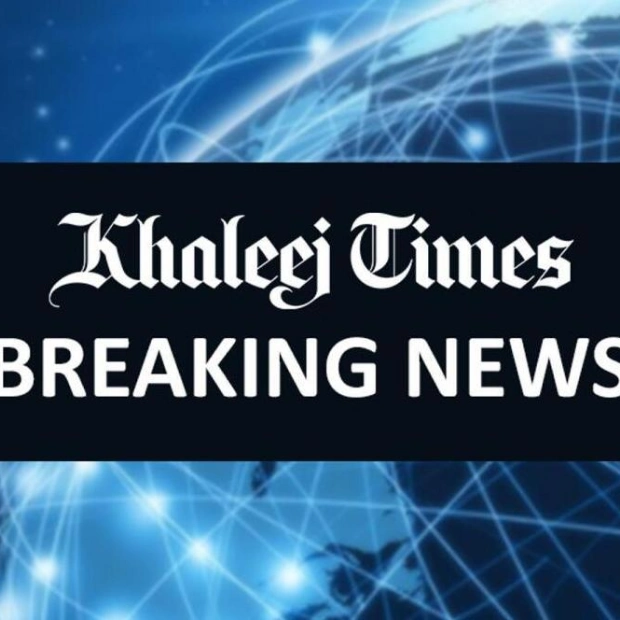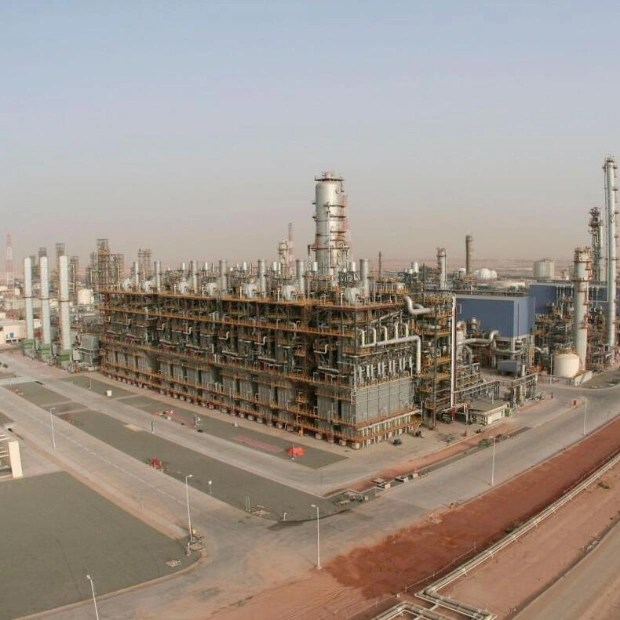Israel carried out an airstrike in Beirut on Friday, killing a top Hezbollah commander and several other senior members of the Lebanese movement. The Israeli military and a security source in Lebanon confirmed the death of Ibrahim Aqil, along with other elite Hezbollah unit members, significantly escalating the ongoing conflict between Israel and the Iran-backed group.
Hezbollah acknowledged Aqil's death in a statement shortly after midnight, referring to him as 'one of its top leaders,' without specifying the circumstances. Later, in a summary of Aqil's biography, Hezbollah stated he was assassinated by Israel in Beirut's southern suburbs of Dahiyeh.
Lebanon's health ministry reported at least 14 fatalities from the strike, with the number expected to rise as rescue operations continued through the night. It remains unclear if the death toll includes Aqil and other Hezbollah commanders. Earlier reports indicated at least 66 people were injured, nine of whom were in critical condition.
A second security source revealed that at least six other Hezbollah commanders perished when multiple missiles struck the entrance of a building's garage. The explosion severely damaged the lower levels of the building where Aqil and other commanders were meeting. Witnesses described hearing a loud whistling sound followed by several consecutive blasts during the strike.
In a statement, Israeli Prime Minister Benjamin Netanyahu affirmed that Israel's objectives were clear and its actions spoke for themselves. Defence Minister Yoav Gallant, who recently announced a new phase of war on the northern border, stated on X that the series of actions in this new phase would continue until the goal of ensuring the safe return of northern residents to their homes is achieved.
Tens of thousands of people have been evacuated from homes on both sides of the Israel-Lebanon border. Israel, which last engaged in a full-scale war with Hezbollah 18 years ago, has indicated it will use force if necessary to guarantee the return of its citizens to northern Israel.
The Israeli military identified Aqil as the acting commander of the Radwan special forces unit and claimed to have killed him along with around 10 other senior commanders during their meeting. Sources in Lebanon informed Reuters that Aqil was a member of Hezbollah's top military council.
The strike dealt another blow to Hezbollah following two days of attacks where pagers and walkie-talkies used by its members exploded, resulting in 37 deaths and thousands of injuries. These attacks were widely attributed to Israel, which has neither confirmed nor denied involvement.
Local broadcasters showed groups of people gathered near the site, searching for missing individuals, many of whom were children. Drones continued to fly over Beirut's southern suburbs hours after the strike.
Resident Alain Feghali expressed, 'We are not afraid, but we want a solution. We cannot continue with the country like this.' The UN Special Coordinator for Lebanon, Jeanine-Hennis Plasschaert, condemned the strike in a densely populated area, calling it part of 'an extremely dangerous cycle of violence with devastating consequences. This must stop now.'
This marks the second time in less than two months that Israel has targeted a leading Hezbollah military commander in Beirut. In July, an Israeli airstrike killed Fuad Shukr, the group's top military commander. Aqil had a $7-million bounty on his head from the United States due to his involvement in the 1983 bombing of Marines in Lebanon, according to the US State Department website.
The Israeli military stated that Aqil had been in charge of Hezbollah operations since 2004 and was responsible for planning a raid on northern Israel. Israeli army chief General Herzi Halevi declared, 'The Hezbollah commanders we eliminated today had been planning their ‘October 7th’ on the northern border for years. We reached them, and we will reach anyone who threatens the security of Israel's citizens.'
Following the Beirut strike, warning sirens were activated in northern Israel, and heavy rocket fire was reported. Hezbollah claimed to have fired Katyusha rockets at what it described as the main intelligence headquarters in northern Israel 'responsible for assassinations.'
White House national security spokesperson John Kirby stated he was unaware of any Israeli notification to the United States before the Beirut strike, urging Americans strongly not to travel to Lebanon or to leave if they were there. However, he added, 'war is not inevitable ... and we're going to continue to do everything we can to try to prevent it.'
The current conflict between Israel and Hezbollah, sparked by the Gaza war, has intensified significantly this week. On Thursday night, the Israeli military conducted its most extensive airstrikes in southern Lebanon since the conflict began almost a year ago. This week's escalation has raised concerns that the conflict could widen and intensify further.






